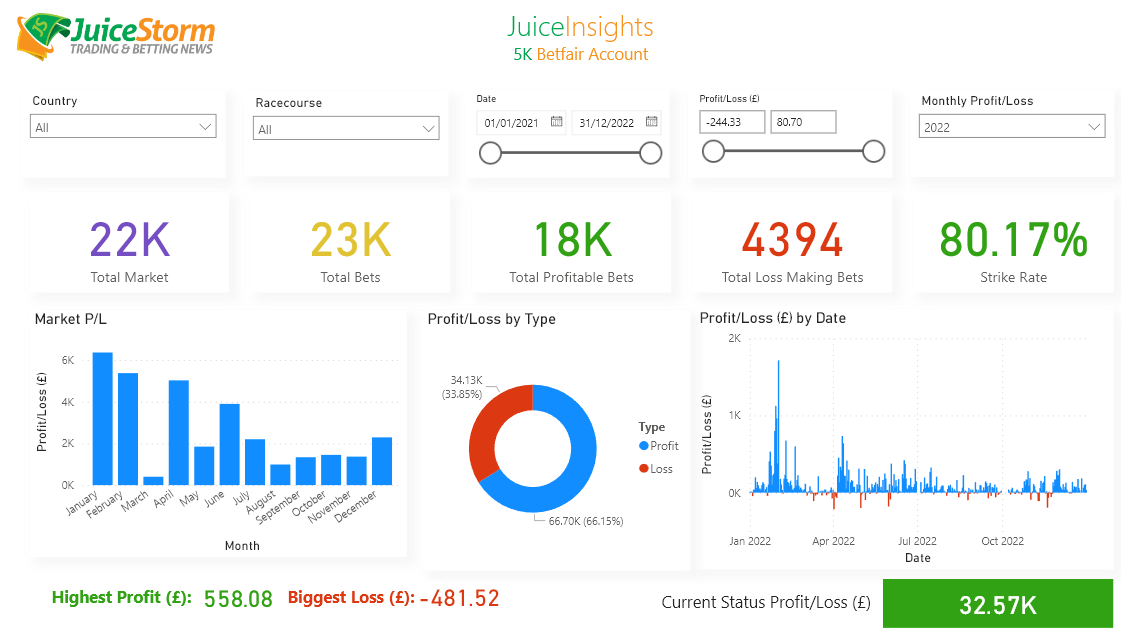Bitcoin Grabs the Headlines, But Ethereum Is the Real Workhorse
Public and media interest in cryptocurrencies has picked up again.
As the price of Bitcoin started to rally earlier this year, so public and media interest in cryptocurrencies also picked up again. Coindesk even reported a sudden spike in Google searches for Bitcoin in the first few days of April, when the price jumped by 20 percent.
If the 2017 boom was anything to go by, it’s inevitable that soon every Joe and his dog will be wanting in on cryptocurrencies. However, it’s just as inevitable that many people will still be put off by commonly-held myths, rooted in Bitcoin lore. In particular, Ethereum doesn’t get the press coverage it deserves. If it did, many of these myths and misperceptions about blockchain could be put to bed.
Under normal circumstances, there isn’t much point in comparing Bitcoin and Ethereum. One is a means of payment and store of value, and the other is a platform for application development—apples and oranges. However, if you find yourself faced with someone brandishing Bitcoin soundbites at you, Ethereum provides plenty of material for a myth-busting counter-argument. Here’s why.
Cryptocurrencies Have No Inherent Worth? Ethereum Is an Entire Ecosystem of Value Creation
We have Warren Buffett to thank for this one making headlines. But the criticism of crypto as a purely speculative asset has been around as long as crypto itself. In the case of Bitcoin, purely speculative may be a fair comment to the more skeptically-minded. But Ethereum is different.
As a platform for building dApps, Ethereum now has an entire ecosystem that’s developed around it. The value of Ether is tied to supply and demand, like all crypto. However, Ethereum is running enterprise-grade systems infrastructure for household names. For example, Anheuser-Busch, the brewing giant behind brands like Budweiser, used Ethereum in a blockchain-based ID verification system.
The Enterprise Ethereum Alliance, which aims to drive the use of Ethereum across business, boasts members such as Cisco Systems, Bank of New York Mellon, and Microsoft.
For all these reasons, the “no inherent worth” argument just doesn’t stack up when applied to Ethereum. Digitex is proud to be a member of the Ethereum ecosystem, and we have strong faith in its long-term value.
Smart Contracts, dApps, and DAOs
Of course, the backbone of why Ethereum isn’t really comparable to Bitcoin are smart contracts and distributed applications (dApps). While these may not hold inherent value by themselves, they do make Ethereum exponentially more useful than Bitcoin.
From its launch, the Bitcoin blockchain was intended to operate with a single use case in mind–peer-to-peer payments. Although the payment use case does make use of smart contracts, Bitcoin smart contracts aren’t in a format that’s practical to handle.
Ethereum was developed as a platform rather than a payment protocol, but with its own Turing-complete smart contract programming language, Solidity. This opened the doors for any creative developers to build their own smart contracts and distributed applications applied to a vast range of use cases.
Developing watertight smart contracts requires a skilled development team. Digitex’s development partners SmartDec are not only experts in smart contracts, but they’ve even built auditing tools for smart contract developers to help them find bugs in their code. And they’ve won over half a dozen ETH hackathons around the globe!
Ethereum was also the first platform to bring the concept of the Decentralized Autonomous Organization (DAO) to life. The DAO is an organization without hierarchy, where participants decide on matters concerning the organization through voting mechanisms. The voting rights and particulars are coded into smart contracts, so the organization functions autonomously based on the passing of votes. It’s a futuristic model of how an organization can operate, and one that’s still being explored.
Although there are now many other dApp platforms available, Ethereum was the pioneer of all of these innovations and still boasts way more dApps than any other network. The “no inherent worth” argument doesn’t really stack up.
Cryptocurrencies Are Bad for the Environment? Check out Ethereum’s Proof of Stake Proposal
Bitcoin is known for being an energy monster. By definition, the Proof-of-Work (PoW) algorithm requires proof that the miner performed an amount of computational work. In 2018, the Economist estimated that Bitcoin was consuming about the same energy as the country of Ireland.
However, not all blockchains use the proof-of-work algorithm. Ethereum has been planning a move to proof-of-stake (PoS) for some time now, and the most recent updates seem to indicate a code release could be imminent.
PoS is far more energy efficient than PoW. The Harvard Business Review highlighted the environmental responsibility of blockchain developers in moving away from PoW, a responsibility that the Ethereum core developers evidently take very seriously.
So once again, Ethereum busts the blockchain myth – not all cryptocurrencies need cost the Earth.
Cryptocurrencies Are Used by Criminals? So Is Regular Money!
It’s true that Bitcoin was used by those trading on dark web marketplace Silk Road. However, it’s also true that the trail they left behind was clear enough for the Feds to track them down. Criminals have been around a lot longer than cryptocurrencies, and before (and after) cryptocurrencies, they used national currencies.
Flippancy aside, this argument brings us straight back to the first point. Ethereum is being embraced by heavyweights in the finance, FMCG, insurance, and tech industries, among others. This is the face of blockchain in 2019. It might not make juicy headlines like cybercriminals do, but it rebukes the myth that crypto is for outlaws.
The Takeaway
Comparing Bitcoin and Ethereum may be apples and oranges. However, attention-grabbing headlines do end up influencing public perceptions of an entire technology class. Therefore, it’s essential that we shoot down the myths.
Instead, we should hold up the achievements of Ethereum and others in the space who are flying the flag for sustainability, decentralization, and long-term adoption.
At Digitex, we encourage people to focus on the work that’s getting done, and not the attention-grabbing headlines.





